Capak Presents New Croatian Vaccination Strategy: House to House
February the 12th, 2022 - There is a new Croatian vaccination strategy on the cards according to Croatian Public Health Institute director Krunoslav Capak - going from door to door.
As Poslovni Dnevnik writes, Health Minister Vili Beros stated that they had first looked at the number of newly infected people, however, that number is no longer so important, especially with the arrival of the Omicron variant. Then they looked at the number of hospitalised people. Given the impact of Omicron, which doesn't cause so many initial respiratory problems, but can still put the elderly who are unvaccinated and who have comorbidities in hospital, the most important thing for him personally is how many people are in intensive care. He said that the infection rate is no longer really as important as the number of people in hospital beds.
''As of January the 10th, when Croatia started using the new methodology of counting deaths, we've had 1,529 of our fellow citizens who have died, for 1,107 of those people, we can say that they did die from covid, and for 422 others, we can say that they died with covid,'' the minister said.
''We've had several important meetings at the Ministry of Health, first about the waiting list for oncology patients, everything that this pandemic has brought us, and especially what will happen when it ends. Then all the problems, and especially the epidemic of oncological problems and mental health issues that will follow, we must prepare for that. Another important meeting was to look at the current situation with the epidemic in the context of vaccination,'' Beros said.
A new Croatian vaccination strategy
He added that the CNIPH had expressed its views, which were supported by others. Then the head of the CNIPH explained what those views regarding vaccination were about.
“Since we've reached one plateau of vaccination, it is now very difficult to move towards larger numbers and coverage. The last time we had a wave was in November where people were more interested in getting their first doses, but now we've come to a situation where the numbers are very small for the first doses (primary vaccination) and booster doses and we're now talking about what we could do to improve this shift towards greater vaccination coverage of the population,'' said Capak, H1 reports.
They identified certain weak points and made suggestions for resolving them with a new Croatian vaccination strategy.
"What is very important to say is that we've changed our plans in parallel with how we implemented vaccination so far and there is nothing here that we didn't already mention in that plan, but we're now basing it on some weak points of our implementation that we would like to improve," explained Capak.
When people claim they don't want to be vaccinated, those who aren't simple anti-vaxxers say things like that they have fears about an 'insufficiently tested vaccine' and secondly, the fear of the side effects. That’s why we’ve opened counseling centres, where people can consult a doctor about their fears,'' Capak said.
In addition to that, the availability of vaccines has been being worked on, so Capak explained that there are now mobile teams that would go around the houses and vaccinate people who could not go to the vaccination point to receive their dose for whatever reason. "We've done a lot when it comes to the availability of vaccines, but now we have decided to strengthen our mobile teams, so that anyone who cannot come for vaccination for any reason, can just get vaccinated at home," he said.
"We'll also stimulate drive-in vaccination, we will strengthen that part and make sure people know they don't even have to get out of their cars," said Capak.
"For those chronically ill patients who come to hospitals, we'll ask hospitals to ask them if they have been vaccinated and to vaccinate them in hospitals where there are facilities to ensure that," added the head of the CNIPH when discussing this new Croatian vaccination strategy.
“We also have the experience that where settlements are scattered, in more rural areas, vaccination coverage is lower. We'll talk to our colleagues in the field to enable either a bus or a van, these mobile teams to get to a local post office or school, so that all those who cannot get to the county centres can get vaccinated there,'' said Capak.
When asked what numbers people think they can come up with with a new Croatian vaccination strategy, Capak said he wouldn't like to try to predict. "We'll certainly not achieve the 90 percent figure that Norway and other developed countries have, but we hope to succeed with between 70 and 80 percent," Capak said.
Responding to the comments of many experts, who believe that the number of vaccinated people living in Croatia will not increase, Capak said that they at the CNIPH do not share this view and that is why they are adopting this new Croatian vaccination strategy.
For all you need to know about coronavirus specific to Croatia, make sure to bookmark our dedicated section and select your preferred language if it isn't English.
ABA League: Cedevita Olimpija Tops KK Split in Dramatic Finish at Gripe 83:79
February 12, 2022 - KK Split missed a chance for another sensation in the ABA league, losing to Cedevita Olimpija at home.
There was plenty of frustration visible in Split during the last minutes of the 20th round of the ABA League. 70:70 with two minutes to go looked like a pretty good base for yet another surprise for the Yellows after the 89:77 against Igokea in their last ABA league home game 2 weeks earlier. It would have been an important win after the disappointing display against Cibona in Zagreb on Monday (84:65).
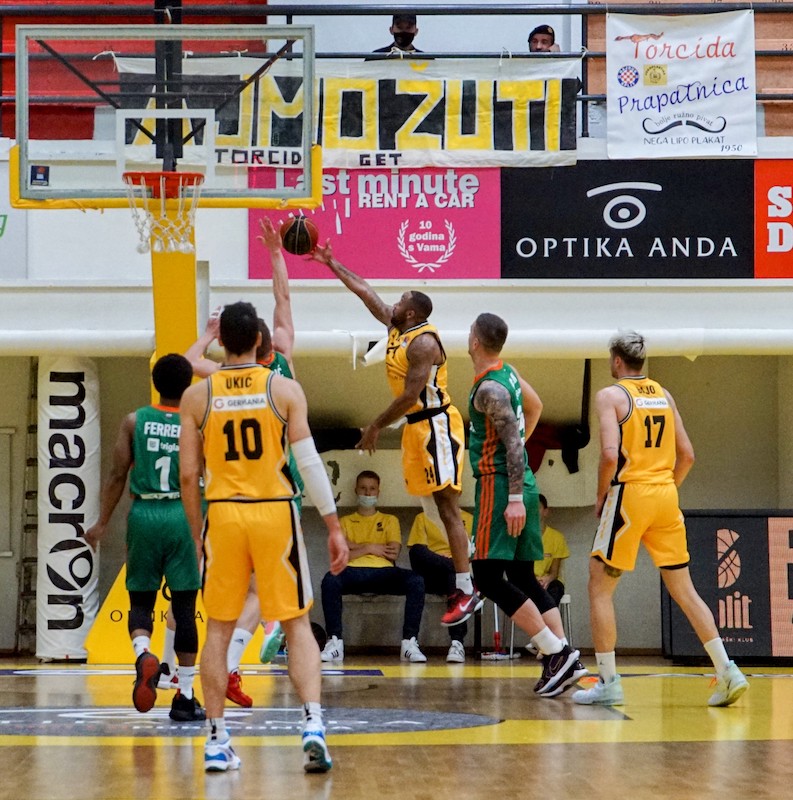
The Slovenian national forward Edo Murić did show his qualities with two back-to-back three-pointers under pressure to silence the home crowd of 600. His 17 points in total allowed the team from Ljublijana to increase their winning streak to 4 wins in EuroCup and ABA League.
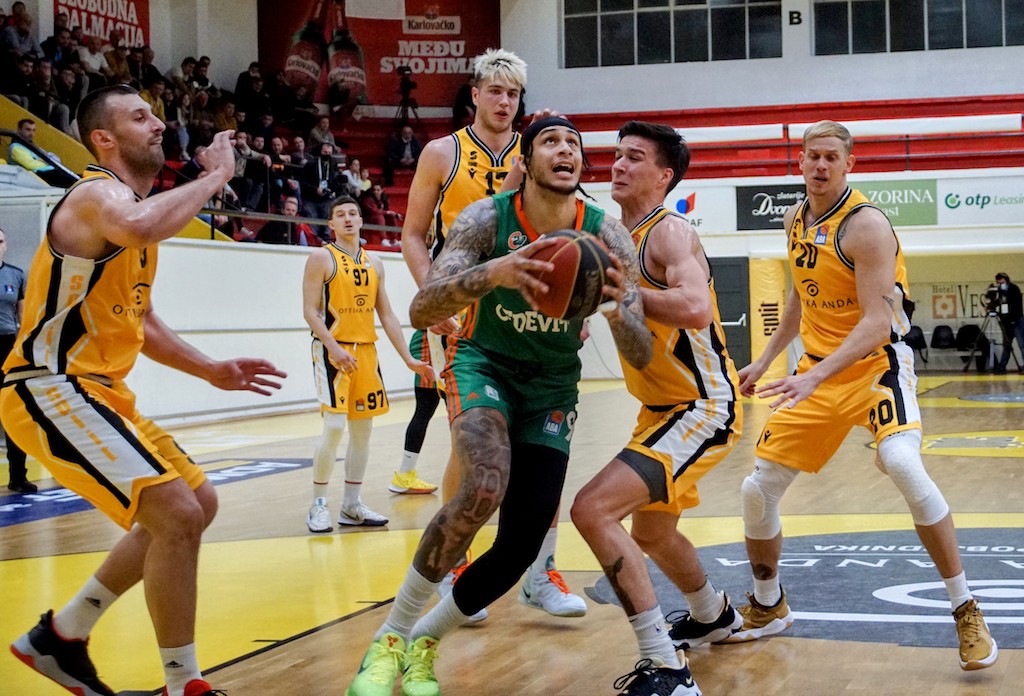
Guest coach Jurica Golemac was already aware of the recent success in Split against Igokea and was especially impressed with the close game against Red Star. Last night's game being their 4th win in 8 days made the victory even more outstanding and showed how well he was able to prepare his team for the Yellows.
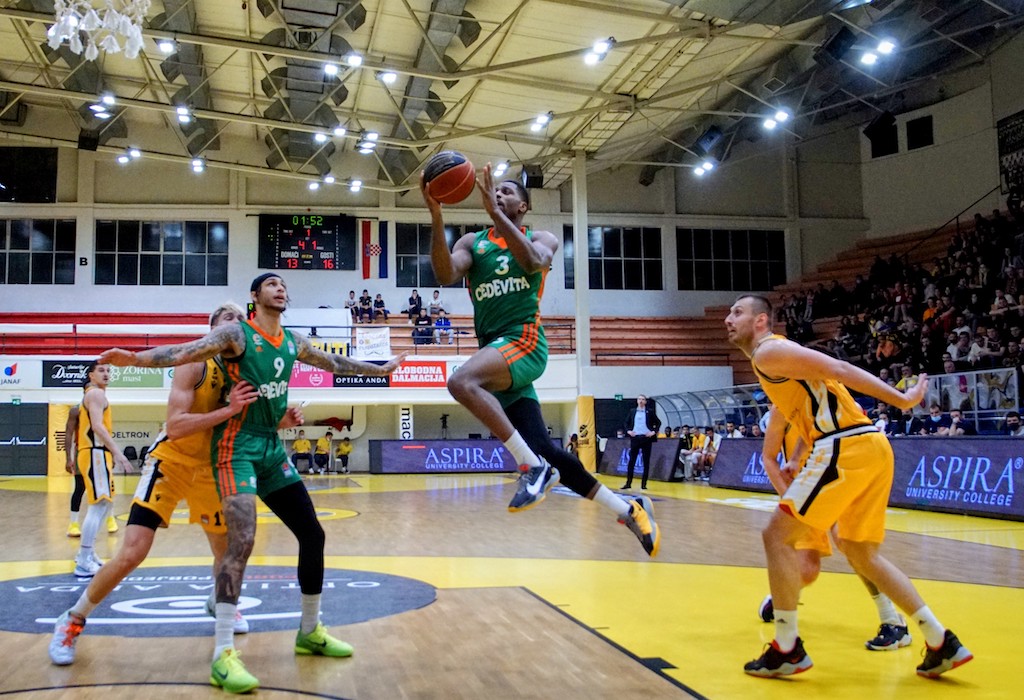
KK Split remains tied with Krka for last place (3 wins each) and will need a miracle to catch up with the next teams from Borac and Zadar (6 wins each) while Olimpija manages to hold on to fourth place which would give them home-court for advantage in the first round of playoffs.
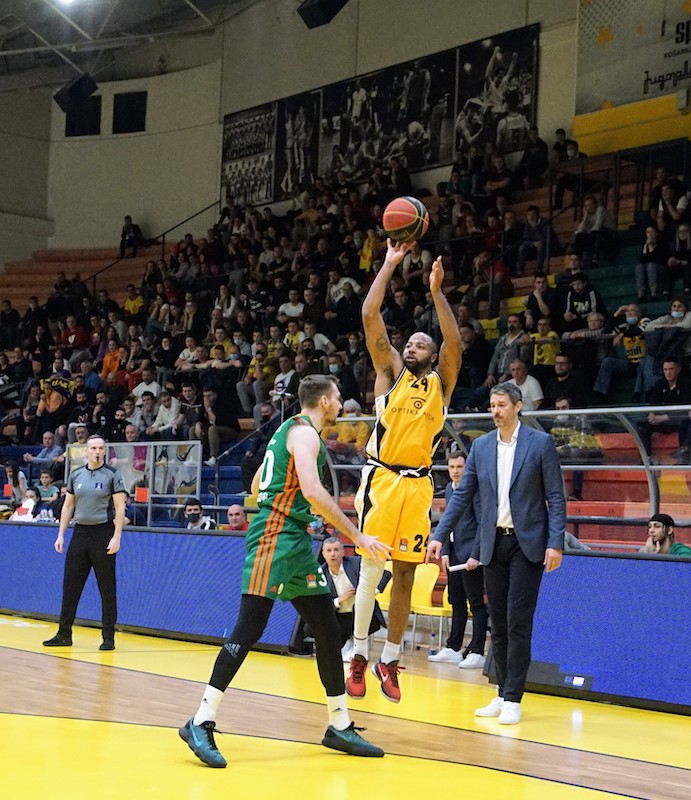
Split's top-scoring players were Karlo Žganec (17 points, 7 rebounds) and Shannon Shorter (19 points, 5 rebounds, 7 assists).
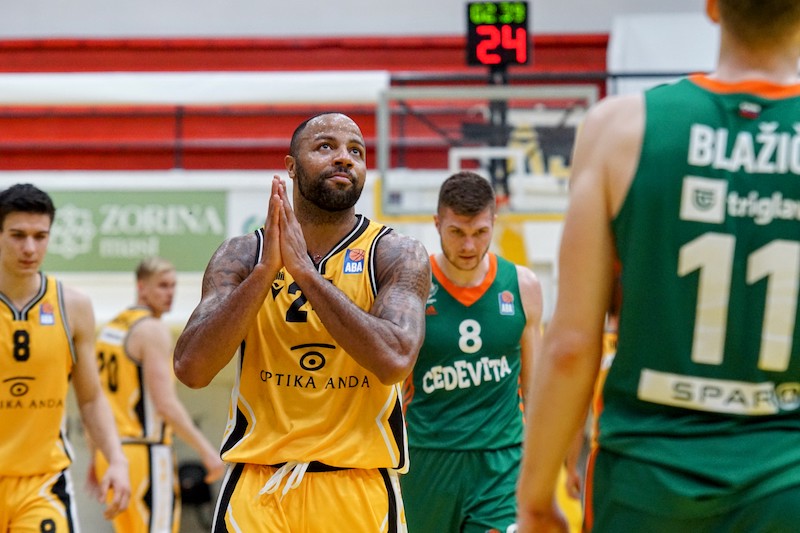
Referees: Sašo Petek, Marko Juras, Marko Pecelj
Final result (79:83) by quarters: 21:22, 13:14, 22:21, 23:26
Box score: https://www.aba-liga.com/match/134/21/1/Overview/q1/1/home/split-cedevita-olimpija/
To read more about sport in Croatia, follow TCN’s dedicated page.
Filip Zubčić After Olympic Skiing Medal on Sunday
February 12, 2022 - Filip Zubčić is after an Olympic skiing medal on Sunday as he awaits his first performance at the 2022 Winter Olympics in Beijing.
Croatia's female skiers have returned to Croatia after performing at the Winter Olympics in Beijing, but Croatia's biggest trump card for the medal is still awaiting his first performance, reports HRT.
The giant slalom is scheduled for Sunday, and Filip Zubčić is among the main favorites for one of the medals.
"The snow is a little different because it is completely artificial. It’s nice to ski; I hope it will be icy during the race, that would be nice. We enjoy everything here," said Filip Zubčić in a conversation with Croatian Radio reporter Krešimir Gotlin.
Does different snow mean different preparation, for example, lubricating the skis a certain way?
"When the snow is cold, it doesn't play a big role. We have new skis, which they made for me for such aggressive snow and need to be tested to so we will dedicate ourselves to that. And try to feel good before the race. I’m fine right now and can’t wait."
Did Filip have enough time to adjust to the time difference?
"I have no sleeping problems. I was tired from the trip the first night, so I slept for a long time. It didn't seem that I was so tired, but I obviously was, as I slept for 11 hours," laughs Filip, whose good mood is not spoiled even by strict epidemiological measures.
"That's how it is; it's the same for everyone. One minute for the test after breakfast won’t ruin my day."
His competitive form is not timed just for the Olympics.
"My goal is to be in the best possible shape throughout the season. It would be stupid to concentrate on just one race. That is my philosophy."
After the giant slalom (on Sunday, 03:45h / 06:45 am), Zubčić will also perform in the slalom in which he's achieved excellent results this season, even better than in the giant slalom, which is his primary discipline.
"I feel great in both disciplines. Everyone knows that this season in the giant slalom, I have not yet made a result that would satisfy me, but I was close to the podium. Unfortunately, I failed; it would be nice to do it on Sunday."
Along with Zubčić, Matej Vidović and Samuel Kolega will ski under the Croatian flag in Beijing. They added briefly:
"The snow is a little strange, this is my first time in Asia, but I am pleasantly surprised. The organization is fine and all in all - the feeling is good. Unfortunately, I haven't had a chance to train in giant slalom; we will try and see how I will be in the race, but slalom is a priority, and we are definitely attacking it."
To read more about sport in Croatia, follow TCN’s dedicated page.
Retiring in Croatia as a Non-EU National: Croatian Healthcare
February 11, 2022 - When retiring in Croatia, one of the key concerns when considering a move overseas is healthcare, and trying to navigate this space can be a daunting prospect especially for those looking to spend an extended amount of time in Croatia.
We are here to answer some of the questions on healthcare in Croatia by giving a brief overview of available options, covering factors such as costs, accessibility, and quality of healthcare.
What type of healthcare is available in Croatia?
In Croatia, as either a temporary or permanent resident, you will have access to both state and private healthcare sectors.
There are three main types of state healthcare coverage in Croatia:
- Obavezno zdravstveno osiguranje – Basic public health insurance (mandatory)
- Dopunsko zdravstveno osiguranje – Supplemental health insurance from either public or private providers
- Dodatno zdravstveno osiguranje – Premium private supplemental health insurance offered by banks and private insurers
Let’s start with the basic public health insurance “obavezno” since it is mandatory for all 3rd country residents of Croatia, unless you are on a Digital Nomad Visa, where private health insurance will suffice.
State healthcare - Overview
State healthcare in Croatia is regulated by Hrvatski zavod za zdravstveno osiguranje (HZZO), otherwise known as the Croatian Health Insurance Fund (CHIF).
The breadth and scope of this coverage is extensive. Once you’re in the system, you will have access to high-quality primary (e.g. general practitioners, gynecologists, dentists), secondary (e.g. specialists), and emergency care (e.g. hospitalization). Emergency care also extends to other member states within the European Union.
A wide range of medical prescriptions and certain healthcare aids (e.g. orthopedic, dental, diabetic) are also covered by basic public health insurance.
Before moving, check with your current doctors if your prescription is available locally, or if there is an equivalent that may be under a different brand. You can also look it up in this list if it is covered by HZZO.
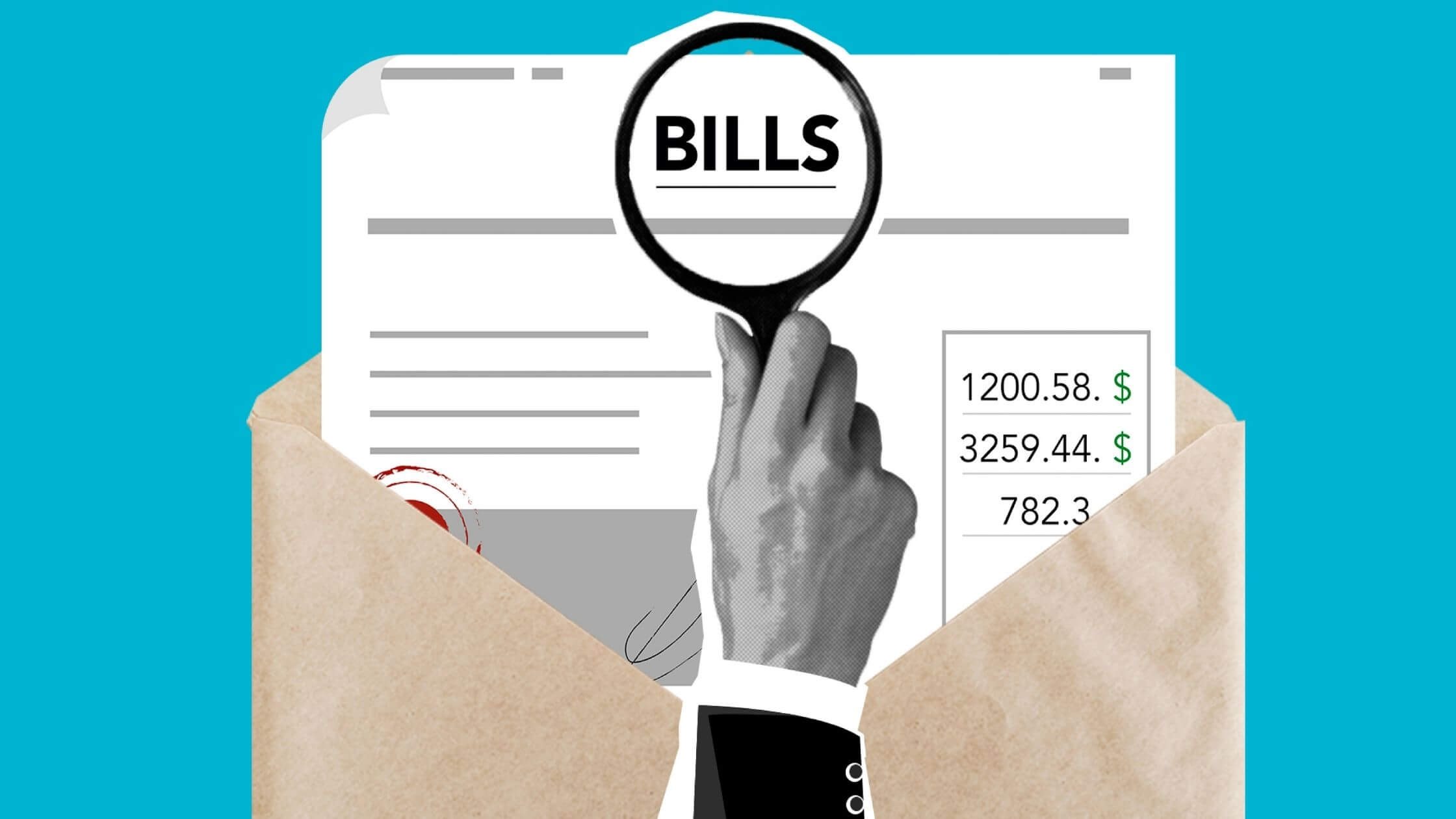
Image: Pexels
State healthcare - Monthly premiums
As a 3rd country national, you can expect your monthly premiums to be around 618.75 HRK (€82) per person as of 2022. This calculation is based on the minimum salary average in Croatia as determined by the Croatian Bureau of Statistics (DZS).
However, if you are receiving a foreign pension, the onus is on you to declare it to the local authorities, especially if your pension is deposited to a Croatian bank account.
Of the amount you receive in foreign pension, 16.5% will go towards monthly HZZO premiums. This contribution is capped at a minimum amount of 618.75 HRK (€82) and a maximum of 1573.60 HRK (€208.70), based on the lowest (3,750 HRK/€497.35) and highest salary averages (9,537 HRK/€1284.85) in Croatia as of 2022.
When you first sign up for HZZO, you will also have to back pay the previous 12 months of monthly premiums even if you were not living in Croatia during that time. Assuming you have no foreign pension declared, this will amount to approximately 8,043.75 HRK (12 + 1 month) (€1066.81).
State healthcare - What will you pay for a visit?
Now that you have public healthcare, when you do see a primary healthcare professional, this care is covered under “obavezno”.
For secondary and emergency care, you pay 20% of services rendered which have minimum amounts of 25 - 100 HRK (€3.30-13.26) depending on whether you received outpatient or inpatient hospitalization care.
These payments can be reduced or removed altogether with the secondary “dopunsko” coverage which calls for another post in itself. For now, just be aware that “dopunsko” coverage costs an additional 45-75 HRK (€6-10) a month per person, and is offered by private insurers as well as HZZO.
Applying for HZZO
To apply for HZZO after your visa has been approved, you will need to download and fill in all necessary forms. As a 3rd country national, the form you’re looking for is a T-2. If you face some uncertainties on how to proceed, do visit your nearest HZZO office for guidance.
Another heads-up is that the English version of the HZZO website only gives 10% of all information available on the Croatian site so it’s better if you visit the Croatian site and do a translation.
Private healthcare - Overview
What if you find yourself needing healthcare while waiting for your visa to be processed? Or if you find yourself in a situation where you need to see a specialist on short notice for a second opinion?
Unless you require urgent medical care (in this case head to the nearest hospital), your first port of call would be to seek out a poliklinika (polyclinic) which is a private clinic.
Most polyclinics house a general practitioner who will accommodate walk-ins or offer appointments likely within the same day or week. They are also able to issue and extend prescriptions for pre-existing medical conditions.
Depending on your ailment, there are also specialized polyclinics that offer a range of services (e.g. dermatologists, gynecologists, urologists). Some policlinics also offer blood work and preventative health screening (e.g. food intolerance, cancer screening).
Croatia also offers top-notch private specialists and hospitals, which is reflected in their growing medical tourism sector. There are also private dental clinics that offer high-quality dental care at competitive rates when compared to other EU countries.
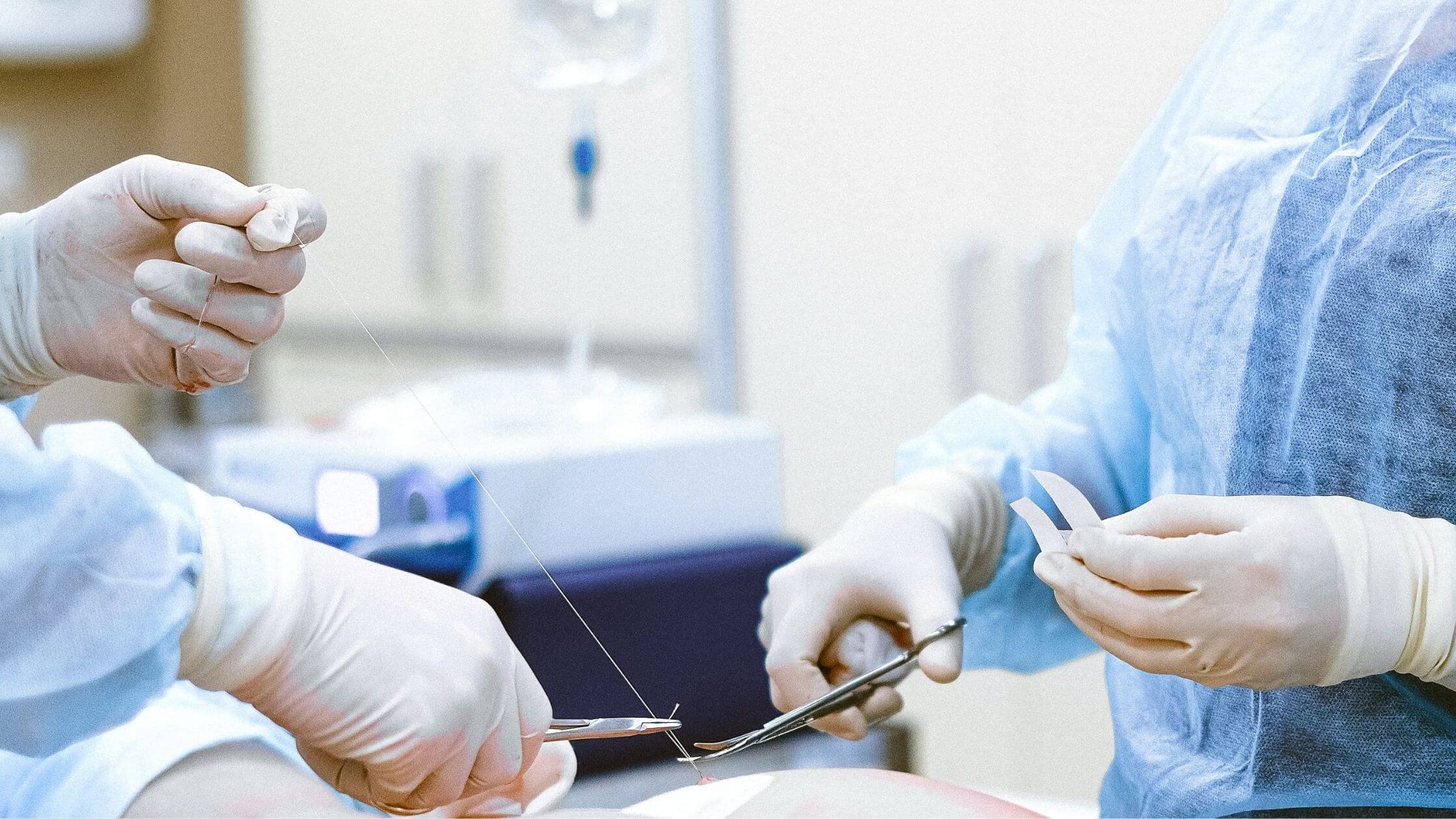
Image: Pexels
Private healthcare - What will you pay for a visit?
While costs of private healthcare vary, here is a non-exhaustive list of procedures assembled from various sources to give you an idea of what you can expect to pay out of pocket. Depending on your private healthcare policy (e.g. Cigna), you may be able to cover some of these costs but do double-check with your insurance provider.
Sample costs for general healthcare and screening:
- Basic consultation (general practitioner): 200 HRK (€27)
- Ultrasound abdominal: 250 HRK (€33)
- Mole screening: 200 HRK (€27)
- Food sensitivity tests (220 types): 2,700 HRK (€358)
- Thyroid panel tests: 450 HRK (€60)
- Breast/prostate blood panel: 2,335 HRK (€310)
- MRI-head: 2,090 HRK (€277)
- CT-Spine (3 segments): 1,030 HRK (€136)
Sample costs for surgery:
- Artificial disk replacement 113,000 HRK (€15,000)
- Knee replacement: 56,900 HRK (€7,545)
- Hip replacement: 56,730 HRK (€7,525)
- Torn achilles tendon - repair: 18,860 HRK (€2,501)
- Tennis elbow: 14,720 HRK (€1,952)
- Cataract and glaucoma (cataract surgery): 11,000 (€1,460)
The estimates above typically include pre-and post-operative consultations, but do not account for long-term rehabilitative care, or possible hotel stays if you are traveling to a specific city to undergo surgery.
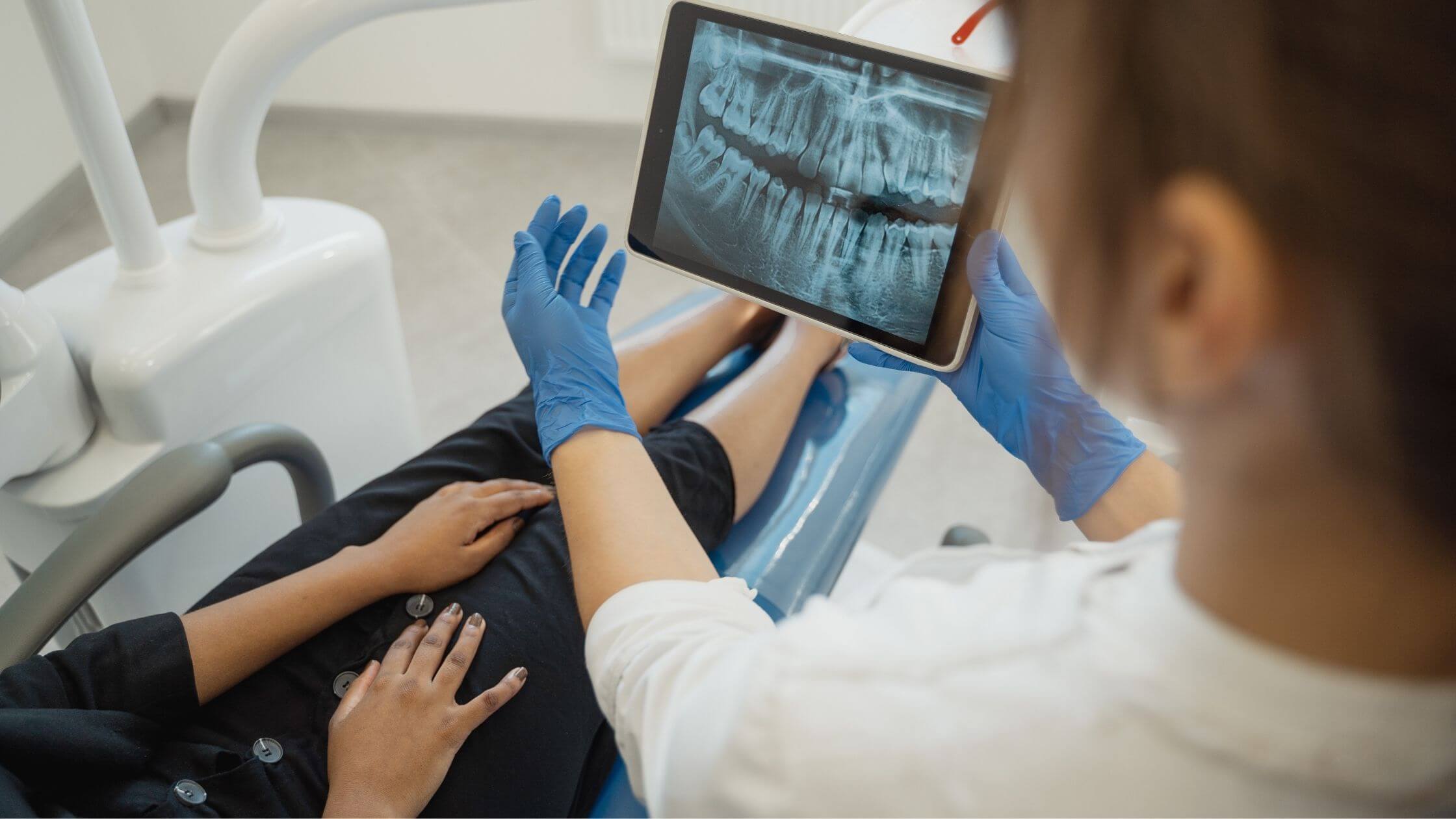
Image: Pexels
Sample costs for dentistry:
- Basic consultation: 200 HRK (€26)
- Descale and polish: 480 HRK (€64)
- Root canal treatment (per root): 500 HRK (€66)
- Zirconia-based crown: 2,300 HRK (€305)
Most private healthcare providers in Croatia expect cash payment upfront. In some cases, they will accept credit or debit cards, but call or drop them a message to confirm this. If you are a resident of Croatia, some clinics will allow you to pay in installments.
(€1 = 7.54 HRK)
For more news about Croatia, click here.
Crobex Indices Down After Rising Several Days
ZAGREB, 11 Feb 2022 - The main Zagreb Stock Exchange indices dipped on Friday after several days of growth, the Crobex by 0.03% to 2,164 points and the Crobex10 by 0.05% to 1,318 points.
Regular turnover was HRK 7.9 million, about 300,000 less than on Thursday.
The most traded stock was Atlantska Plovidba shipping company, turning over HRK 1.95 million. It closed at HRK 463 per share, down 0.91%.
Another two stocks crossed the million kuna mark: Sunce Hotels, turning over HRK 1.25 million and closing at HRK 145 (+3.57%), and HT telecom, which turned over HRK 1 million, closing at HRK 187.5 (+0.54%).
Forty-three stocks traded today: 18 going up in price, ten going down, while 15 were stable.
(€1 = HRK 7.524737)
For more, check out our business section.
100 Houses Per Week Being Reconstructed in Banovina, State Secretary Says
ZAGREB, 11 Feb 2022 - Over the past fortnight 100 houses have been reconstructed per week, the task force dealing with the aftermath of the earthquake which hit the Banovina region in December 2020 said at a meeting in Petrinja on Friday.
The value of the works contracted to date is HRK 280 million, HRK 457 million worth of works are at the procurement stage, and HRK 1.2 billion worth of reconstruction works will be contracted by June.
To date, 1,428 houses have been reconstructed, said Gordan Hanžek, state secretary at the State Reconstruction and Housing Office. He added that homeowners have reconstructed 692 houses on their own.
Works are underway on more than 1,000 houses, Hanžek said.
As for the construction of family houses, 60 contracts have been signed with contractors and the construction of another dozen houses should begin next week, he said.
Another 56 houses are in the final administrative stage and construction should begin by the end of the month, by which time the construction of more than 160 houses should be contracted, he added.
Hanžek said the start of seismic retrofitting had been markedly stepped up and that a tender was expected by the end of the month. Documents are being prepared for about 400 houses and about 15% of the houses inspected so far should be torn down, he added.
Hanžek said tenders for the construction of four blocks of flats in Glina would be launched on Monday and Tuesday.
To date, the Construction Ministry has adopted 1,203 decisions on the reconstruction, construction or demolition of quake-damaged houses in Banovina.
(€1 = HRK 7.5)
For more, check out our politics section.
Plenković: Jabuka Pit Brilliant Example of Fast Renewal of Fish Stocks
ZAGREB, 11 Feb 2022 - Fishing restrictions in the Jabuka Pit is a brilliant example of how such measures can quickly renew the fish stocks and can serve as an example for other situations in the Mediterranean, Croatian Prime Minister Andrej Plenković told reporters after the One Ocean Summit in the French port city of Brest on Friday.
The Jabuka Pit, the area stretching from Croatia's Žirje island to the Italian city of Ortona contains almost one-quarter of the total biomass of commercially important fish varieties in the northern and central Adriatic.
For years the Jabuka Pit was an area where more than 30% of catches by Croatian and Italian trawlers came from. However, excessive fishing exhausted the fish stocks, and fishing has been restricted there since 2015.
The measures were successful and the fish stocks have been revived.
Addressing the summit, Plenković said that preserving the oceans is one of the most important global challenges and Croatia wants to make additional efforts in the fight against sea pollution and to preserve biodiversity.
He noted that Croatia "is making a very clear contribution" in the fight against plastic waste.
Croatia has banned the use of plastic bags and other disposable plastic products.
"Plastic is not easily degradable. Any piece of plastic that ends up in the Adriatic is negative both from the aspect of animal and plant habitats and from the aspect of keeping the Adriatic clean and maintaining Croatia's attraction as a tourist country," the prime minister told reporters.
He participated in the One Ocean Summit at the invitation of French President Emmanuel Macron.
Plenković said that as a maritime country, Croatia wants to be an example in the fight against ocean and sea pollution.
He added that on the 40th anniversary of the United Nations Convention on the Law of the Sea, it is necessary to invest maximum effort to conclude the treaty on the conservation of biodiversity to be above the national legislative framework.
"That would be yet another joint step of a binding nature that would reduce the impact of global warming," Plenković said.
BiH needs a fair election system
The prime minister used the summit in Brest to meet on its margins with European Council President Charles Michel and some other colleagues to discuss the election reform in Bosnia and Herzegovina (BiH).
Plenković announced that the issue could be discussed at the European Council and added that "Michel has a lot of understanding" in that regard.
He said that in the meantime it is important for talks between political parties in BiH to continue, primarily between the Croat and Bosniaks.
"It's good that talks were held yesterday in Sarajevo and that they will continue," he said.
"We will do everything on our part for an agreement to be reached, naturally, one that will enable a fair election system," Plenković said.
For more, check out our politics section.
Parliament Adopts Package of Judicial Laws
ZAGREB, 11 Feb 2022 - The Croatian parliament on Friday adopted a package of judicial laws as well as a report on the effects of epidemiological measures against coronavirus from 1 September to the end of December 2021.
The package of judicial laws includes amendments to the Courts Act, the State Attorney's Office Act, and the law governing the territorial jurisdictions and seats of courts and state attorney's offices. It specifies the election procedure for the Supreme Court President and Attorney General and introduces mandatory background checks for all judges and state attorneys every five years.
Court presidents and state attorneys will be required to apply for security checks with the competent security and intelligence agency through the Ministry of Justice.
In reference to the election of the Supreme Court President, the State Judicial Council (DSV) will submit timely and complete applications to the President of the Republic, and not his chief of staff, who will then request an opinion on the candidates from the competent authorities, a general assembly of the Supreme Court and the competent parliamentary committee.
If the President of the Republic does not recommend any of the candidates within 30 days, the DSV will revoke the public call for applications and advertise a new call within eight days.
In the case of expiry of the Supreme Court President's tern, the DSV will have the authority to appoint an acting president until a new president is elected. Under the present law, in this case, the duties of the Supreme Court President are carried out by the Vice President.
The State Attorney's Council (DOV) will submit applications for the position of Attorney General to the government which will then request an opinion on the candidates from the competent authorities and if the government does not recommend any of the candidates within 30 days, the DOV will revoke the public call for applications and advertise a new call within eight days.
For more, check out our politics section.
Defence Minister Proud of Croatian Soldiers Who Returned from NATO Mission in Poland
ZAGREB, 11 Feb 2022 - Defence Minister Mario Banožić on Friday met with members of the 8th Croatian Army contingent who had recently returned from NATO's Enhanced Forward Presence mission in Poland, saying that they had done a fantastic job and that he was proud of them.
The defence minister said that Croatian soldiers were always highly appreciated in international missions and operations. Our allies and partners have expressed great respect for the involvement of the 8th Croatian Contingent and their knowledge and skills, he added.
"We are showing a high level of knowledge and resourcefulness. I am proud of you all. In this demanding activity, you showed the ability, motivation and readiness of the Croatian soldier. You really did a fantastic job," Banožić said.
The 80-strong 8th Contingent participated in the Enhanced Forward Presence mission in Poland from 5 January 2021 to 24 January 2022. They took part in military exercises and joint activities with other nations within their Battle Group, as well as in sporting events.
For more, check out our politics section.
Parliament Asks Gov't to Verify Signatures for Anti-COVID Referendum
ZAGREB, 11 Feb 2022 - Parliament on Friday asked the government to verify the number and authenticity of the signatures collected for the Bridge party's referendum petitions to abolish COVID certificates and the crisis management team, and to include at least two representatives of each petition in the process.
The government was also asked to check if all the signatures were collected in line with the Referendum Act.
Parliament passed the relevant conclusions, proposed by the Committee on the Constitution, with 77 votes, while 32 MPs were against and 13 abstained.
Before the vote, parliament rejected amendments by Bridge and the Social Democratic Party to ask the State Electoral Commission, rather than the government, to verify the signatures in 30 days and the SDP proposal to establish a parliamentary task force, comprising three members from the opposition and four from the majority, to supervise the count.
Speaker Gordan Jandroković said recently he could not say how much the verification would take and that once the signatures had been counted, the process was back in parliament's hands.
If it is established that Bridge collected enough signatures, parliament can either call a referendum or ask the Constitutional Court to assess the referendum questions.
Bridge delivered the signatures to parliament on 24 January, saying they had collected 410,533 for the petition against COVID certificates and 409,219 against the national COVID crisis management team, more than the 368,867 required (10% of eligible voters) for a referendum to be called.
Bridge calls out majority for not allowing State Electoral Commission to count votes
Before today's vote, MP Marin Miletić of Bridge called out the ruling majority for not allowing the State Electoral Commission to count votes because "everyone would be sure in that case."
He appealed to the majority's conscience during the vote, telling them not to be afraid of citizens and to allow the referendum.
For more, check out our politics section.


